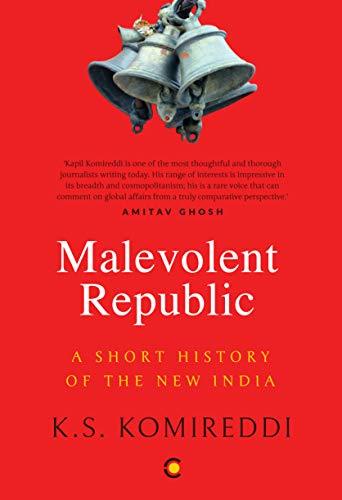What do you think?
Rate this book


244 pages, Kindle Edition
Published May 30, 2019
The past five years have shattered so many illusions, dispelled so much fog. We can begin to accept how we arrived here :a journey lined with corruption, cowardly concessions to religious nationalists, demeaning bribes to the minorities, self-wounding distortions of the past and wholesale abandonment of the many for the few.
"But the good thing about bad times is clarifiers. We can see where we stand."